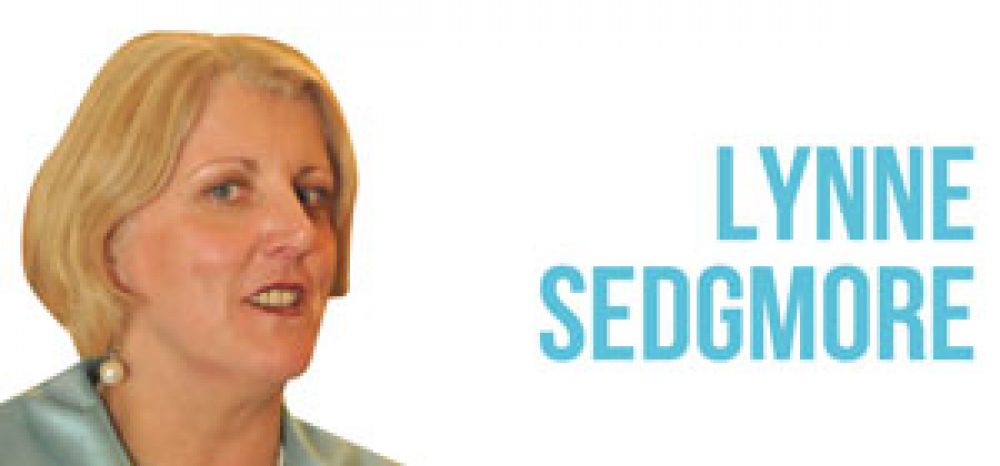Big changes in the sector mean that FE is being challenged to meet new aspirations, but, says Lynne Sedgmore, if the sector takes its opportunity then further education could gain a reputation that it has never had before.
I am excited about speaking at the Education Innovation conference next month and look forward to robust debate.
From the FE Guild to radical changes in study programmes, from international growth to strategic leadership in our communities, we as a sector are being challenged and encouraged to come up with detailed answers and innovative solutions to broad aspirations being set out by the Coalition.
If we choose to grasp the nettle, then it seems to me the role, mission and reputation of FE within our society as a whole could be enhanced in a way we have never before known.
Among the many opportunities being offered up, there is one we must respond to with particular vigour.
I am talking about the opportunity of genuinely repositioning vocational learning as both worthwhile and vital to all — as important as academic study, and of ensuring that the unique skills of FE staff engaged in vocational teaching can influence for the better others in the educational world.
The work of the Commission on Adult Vocational Teaching and Learning is already doing much to set out the very broad range of skills required of individuals — both teachers and learners — in order for vocational education to succeed.
They confirm the important message that teachers must be dual professionals — equally skilled in pedagogy and industry awareness — able to command respect and plan learning in a way that encourages teamwork and complex problem-solving.
College staff are also talking on some of the biggest societal leadership challenges, through engagement with Local Enterprise Partnerships and employer ownership pilots and through work with local communities.
As the post-Heseltine agenda focuses on localism and devolved training, those in colleges must raise their game to ensure they are seen as vital hubs for their communities and can retain vital skills funding.
We can demonstrate the importance of FE colleges by celebrating our successes — just look at average college success rates and how the benchmarks have risen.
Look at the work of the Gazelle Group and the innovative ways in which entrepreneurship is being encouraged and developed among students.
Look at the fact that 80 per cent of University Technical College applications have an FE college as the main driving force behind them.
And look at colleges like Leeds and Bristol who are driving forces in the whole process of local economic planning, but who have sometimes had to fight to get a voice at the table.
I am not being complacent — we know we have a lot to do to bring the teaching of all up to the level of the most outstanding, but as a sector we are fully engaged in that work.
Colleges are investing heavily in quality improvement, organisations such as the 157 Group are using academic research to proffer theories and practices of continuing professional development that will enable outstanding teaching to thrive and nationally developments such as the Leadership Exchange and the work of the Gazelle Group are providing an example for all to follow.
Technology is essential. FE teachers are not only embracing new devices, but actively engaging with innovative delivery models — from ‘flipping’ the classroom or workshop to developing MOOCs (massive online open courses, for the uninitiated).
The cutting-edge equipment on offer in most FE settings is the envy of many and every day innovative teachers are finding new and exciting ways to engage with not just industry-specific technology but with this technology — to bring relevance to their learners for whom the tablet and the smart phone are an extension of their very selves.
But what do we need to do differently on technology?
I have been in employment for long enough to know that adaptability to new technology is among the most important skills you need to have.
Vocational teaching and learning and FE colleges really are at the forefront of the country’s battle to develop the skills to compete in a global economy.
Lynne Sedgmore, executive director of the 157 Group
Lynne Sedgmore will be taking part in a debate, chaired by FE Week’s Nick Linford, on the future of FE at the Education Innovation conference and exhibition at Manchester Central on March 8. To register, visit: www.educationinnovation.co.uk



Your thoughts